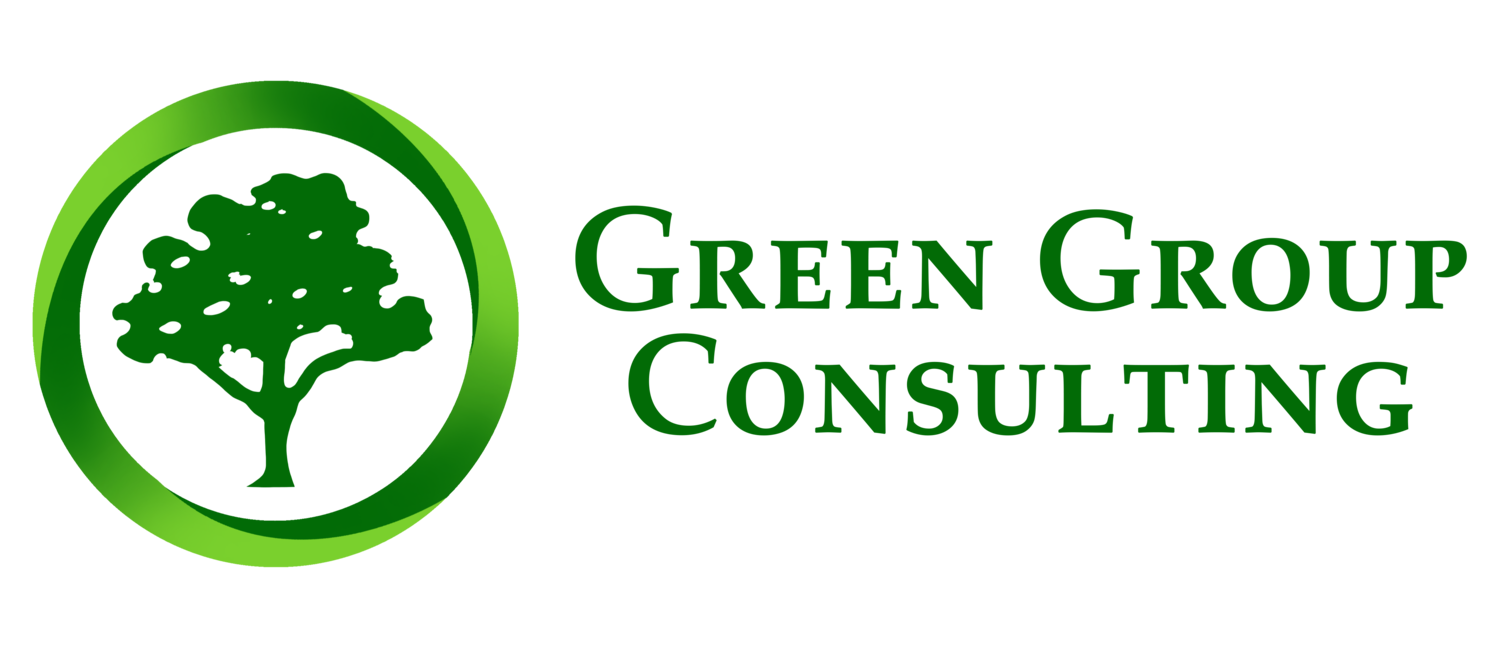Federal Superfund Excise Tax
The Highlights
-
The Federal Superfund Excise Tax is imbedded in Law No: 117-58, known as the Infrastructure Investment and Jobs Act. The excise tax was originally implemented in 1980 to fund the cleanup of Superfund sites under Law No: 96-510 but allowed to expire in 1995.
IRS sections 4661 and 4662 detail the 42 chemicals to be included in the tax that are bought and consumed in the US. The tax covers among other things, ethylene, propylene, benzene and butadiene. The tax rate is $9.74/short ton or $.0049/lb.
IRS sections 4671 and 4672 detail the initial 50 substances that are imported and included in the tax. Imports that are covered are all the chemicals listed in section 4661 as well as additional ones like polyethylene, polypropylene and polystyrene resins. IRS Notice 2021-66 adds to the list an additional 101 substances including methyl methacrylate, nylon 6/6 and polybutylene.
The effective date for the taxes to start is July 1, 2022. -
The producers of polyethylene and polypropylene, as well as any other substance made from the 42 chemicals listed in IRS section 4661, will have to pay a tax of $.0049/lb starting July 1, 2022. Producers will want to pass the extra expense on immediately to their customers.
Unless your polyolefin was imported, the Superfund Excise Tax does not apply.
There is a high degree of confusion surrounding the tax. Some producers are claiming they can pass the tax on to their customers (this seems like disingenuous language). They are further claiming that these taxes are/can be reimbursable. If you are buying resin made by a producer in the United States there is no tax that applies to you. Therefore, no reimbursement does either.The producer can, and likely will, pass the tax on to the purchaser in the form of a higher price.
-
This or anything else GGC provides/says is not tax or legal advice.
